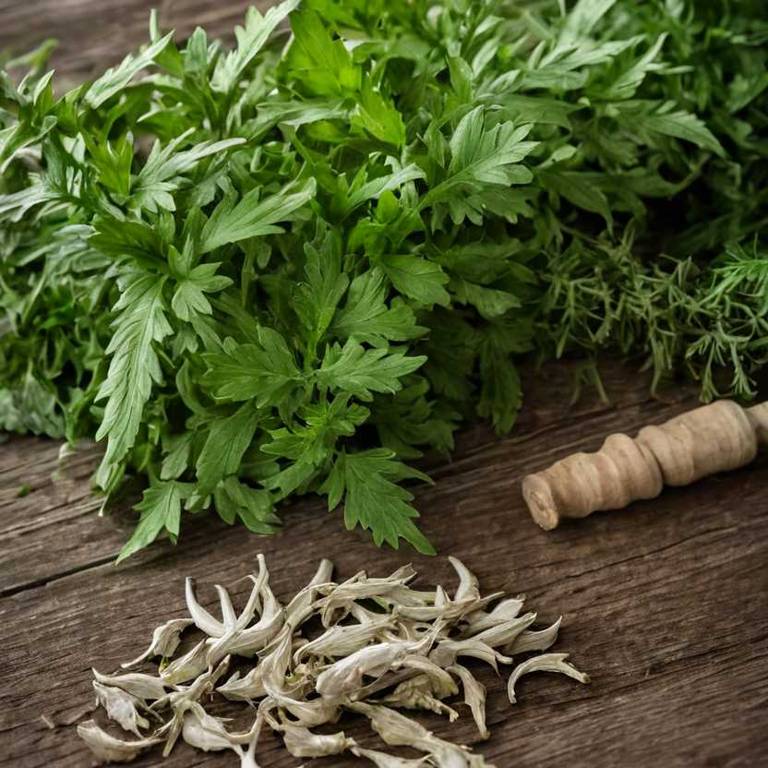Acanthus Mollis: What To Know Before Using It For Medicinal Purposes

Acanthus mollis, commonly known as the bear's breech, has been traditionally used for its medicinal properties in various herbal remedies.
The plant contains compounds such as saponins, tannins, and mucilage, which contribute to its potential therapeutic effects. Historically, it has been employed to treat ailments such as digestive issues, inflammation, and skin conditions due to its anti-inflammatory and astringent properties. However, it is important to note that modern scientific research on its efficacy for medicinal purposes is limited, and its use should be approached with caution.
As with any herbal remedy, consulting a healthcare professional is recommended before using Acanthus mollis for therapeutic purposes.
Health Benefits
Acanthus mollis has several health benefits, such as its potential to support cardiovascular health due to its high content of antioxidants and anti-inflammatory compounds.
The plant is believed to help lower cholesterol levels and improve blood circulation, which can reduce the risk of heart disease. Additionally, it may aid in managing diabetes by regulating blood sugar levels, thanks to its bioactive components. Some traditional uses suggest that Acanthus mollis can also promote digestive health and alleviate symptoms of gastrointestinal disorders.
Overall, its natural properties make it a valuable plant for supporting overall wellness and preventing chronic diseases.
10 Best Health Beneift of Acanthus mollis
Bioactive Constituents
Acanthus mollis has several bioactive constituents, such as flavonoids, alkaloids, and saponins, which contribute to its medicinal value.
These compounds exhibit antioxidant, anti-inflammatory, and antimicrobial properties, making the plant useful in treating various ailments. The flavonoids present in Acanthus mollis help neutralize free radicals, thereby protecting cells from oxidative damage. Alkaloids in the plant have been shown to possess analgesic and sedative effects, supporting its traditional use in pain relief.
Additionally, saponins contribute to the plant's ability to enhance immune function and reduce cholesterol levels, further highlighting its potential in herbal medicine.
Medicinal Preparations
Acanthus mollis has several medicinal preparations, such as teas, tinctures, and poultices, which have been traditionally used in folk medicine for their purported healing properties.
The leaves and roots of the plant are commonly harvested and dried to make teas that are believed to aid in digestive health and reduce inflammation. Tinctures prepared from Acanthus mollis are often used topically to treat skin conditions and wounds due to their antiseptic qualities. In some cultures, the plant is also used to make poultices for relieving pain and promoting healing in minor injuries.
However, it is important to note that scientific research on the efficacy of these preparations is limited, and their use should be approached with caution.
Side Effects
Acanthus mollis can have some side effects, such as skin irritation and allergic reactions in sensitive individuals.
Contact with the plant's sharp, spiny leaves may cause mechanical injury or cuts, leading to localized inflammation. Ingestion of any part of the plant is not recommended, as it may cause gastrointestinal discomfort, nausea, or vomiting. While there is limited research on long-term effects, some studies suggest that the plant's sap may have mild toxic properties.
It is advisable to handle Acanthus mollis with care and avoid direct skin contact to prevent adverse reactions.